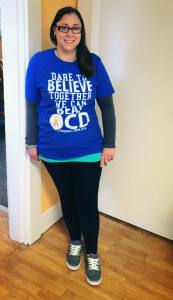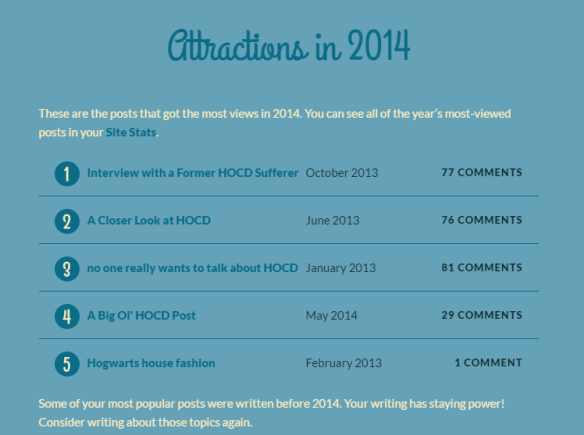 I know you’re going to think I’m kidding, but the truth of the matter is that I don’t sleep well if my bed is aligned east-west.
I know you’re going to think I’m kidding, but the truth of the matter is that I don’t sleep well if my bed is aligned east-west.
My first experience of this was in high school. My sister and I shared a room for most of our childhood, and both of our beds had the headboard pointing north. Our room was small-ish. There weren’t a lot of ways to arrange it. Still, we made a crazy switch in high school (a terrible switch that HGTV would have murdered us for) and realigned the beds. One headboard faced east and one west.
I had nightmares every night for a week– then we changed the room back.
Over the years, I started to learn this about myself. When I would move into a new place, the first thing I would check in a room would be to make sure that I could align my bed the right way.
Back in June of 2012, I took a writing retreat to Wisconsin. I was six months into writing the book that would become Truest, though at that point, it was still a year away from being finished. I stayed outside of Hudson in a little apartment, and I. slept. HORRIBLY. Just awful. Every night. After a couple nights of this, it suddenly occurred to me, “Maybe this bed is east-west.” I was in an unfamiliar place and couldn’t figure out my directions, so I looked it up on Google Maps, figured out my location, and … east-west.
Last month, I stayed in Duluth to write. I noticed immediately that my bed was east-west. Sure enough: the first two nights, I slept terribly. Eventually, my poor sleep caught up with me and I was able to konk out the last couple nights.
I know it sounds crazy, but actually, some people (including me) think there’s really something to it. Apparently it has to do with the earth’s magnetic fields. If you google it, you’ll find a bunch of articles.
Check out this one:
Scientists have long suspected that humans like many other animal species have an innate magnetic compass, but have been unsure as to how this affects us. The new research shows that some mammal species always graze and sleep facing north or south and that the earth’s magnetic field is probably polarizing and causing his.
Following this, further studies have suggested that humans who sleep in an East-West position have far shorter rapid eye movement or REM sleep cycles, in which dreams occur, compared with North-South sleepers who got more REM sleep.
Life. It’s weird, huh?
P.S. Bet you all stop now to think what direction you sleep!









